Think of this as Volume 18, Number 47 of the newsletter I have written weekly since March, 1997. Enjoy.
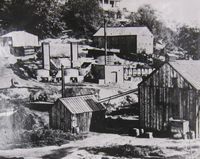
For the Civil War generation that center was Cleveland. Cleveland, you say? Yes, Cleveland. Because Cleveland was where Standard Oil developed. It was the nearest city to America’s first oil boom. Cleveland powered the Industrial Revolution that made America a great manufacturing center.
Cleveland was also the economic capital of Ohio, which during the late 19th century became the “Mother of Presidents” – Hayes, Garfield, McKinley and, in time, Taft and Harding. The Cleveland boom also brought forth John Sherman and his anti-trust act, and the whole concept of business and industry working together, under regulation, to create electrical networks, telephone networks, railroad networks and gas networks.
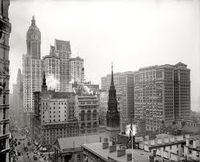
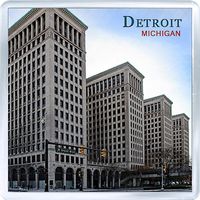
Houston was the capital of the last generation. Houston was oil. 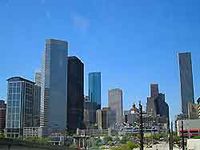
Houston defined our generation’s architecture in my youth, and Houston came to dominate a generation’s politics – Lyndon Johnson, John Connally, George H.W. and W. Bush. Houston made us a global imperialistic power, fighting wars for oil, for economic control of the globe.
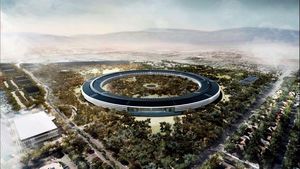
In each economic and political generation, one center is rising, one is ruling, and one is falling in power. Back in the 1870s Boston was falling, New York was rising and Cleveland rocked. In the next generation Detroit was rising, New York ruled and Cleveland fell. In the succeeding generation Houston rose, Detroit ruled and New York fell. In my time San Francisco rose, Houston ruled and Detroit fell.
The point of this exercise is to personalize, a little bit, the whole concept of economic and political cycles in America, and to link them together. It’s also to remind us that America is not all one thing, but many things, simultaneously. Boston survived the loss of its power after the Civil War. Cleveland found a way through the history of the last century. New York got past the 1970s and Houston will find a way to survive the next decade. Detroit will survive. I didn’t even mention Chicago or Los Angeles.
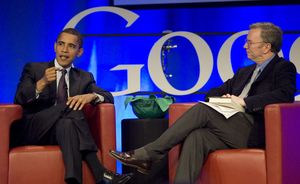
There is a similar scene in the movie “Nixon,” a fictionalized meeting of Richard Nixon, then out of power, with a collection of wealthy oilmen. Oliver Stone placed the scene alongside Kennedy’s assassination in Dallas, juxtaposing Nixon’s flight out of Dallas with Kennedy’s arrival. Yes, it’s mostly a fiction, but the whole point of the Nixon Thesis of Conflict is that there are worlds-within-worlds, circles-within-circles, where power is doled out and taken, that there are grand conspiracies. The Nixon era was an era of conspiracies, real and imagined. Those whose politics is based on that time still act as though politics is a zero-sum game.
FDR rose to power in a country that was flat on its back due to a lack of demand for what it was already capable of producing. His airplane flight from Albany to Chicago, in order to accept the 1932 Democratic nomination, was just as symbolic as Nixon’s imagined meeting Texas or Obama’s real one in California. It showed that he was in tune with the great technologies of his time, with the needs of manufacturers, and that he would serve those needs.
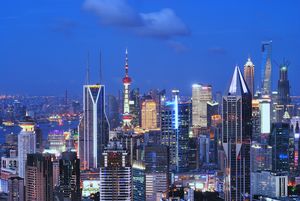
The problem with that assumption is that growth, in the past 230 years, has always moved in the direction of freedom. Political freedom, economic freedom, social freedom, freedom to think and freedom to invent – they’re all inter-related. Growth moves to places where these freedoms are maximized, where human capital is most highly valued. They’re not maximized in today’s China. Political growth there is stymied by dictators who have inherited power from their grandfathers. Economic growth is threatened by the same thing. That’s a danger for America, but a greater danger for China, where most of the top leadership is descended directly from Mao Zedong’s top generals.
So the question of tomorrow’s political and economic leadership is an open one. It’s not one I’ll be answering, or participating in. I turn 60 in January. This doesn’t mean I’ll be hanging up my typewriter, just that I’ll be looking for change among younger men and women, and preparing my soul for the ultimate change that overtakes us all.
The torch will pass. Will you pick it up?









